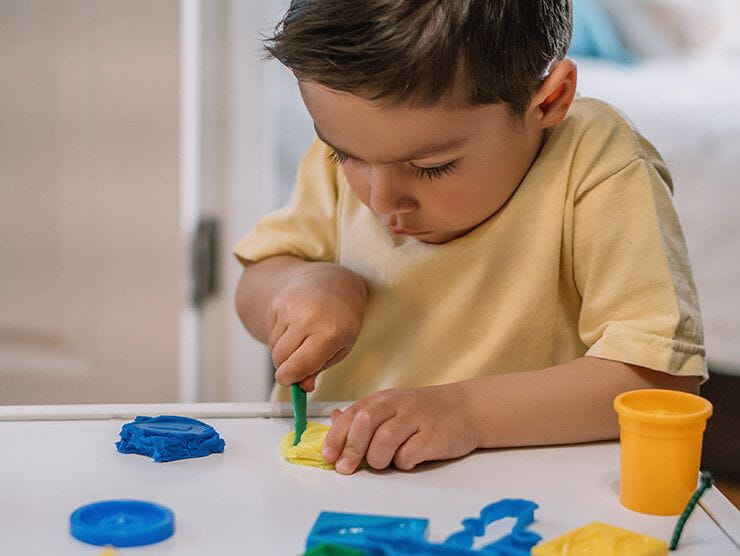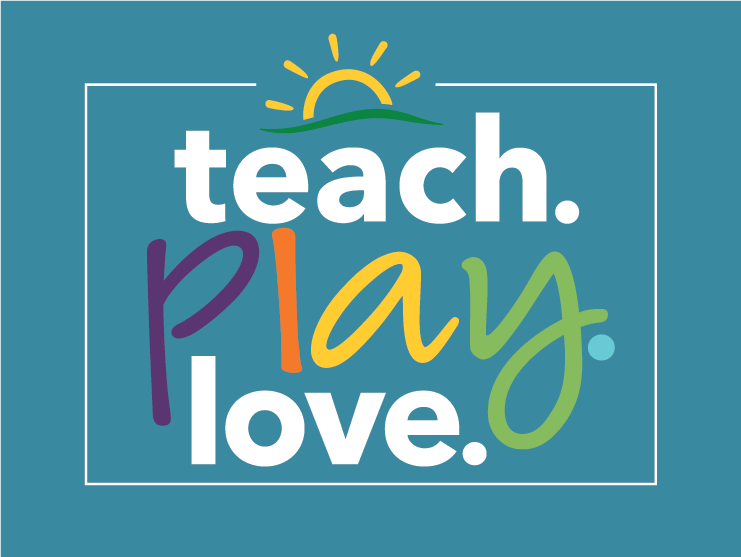Preschool development is a crucial stage in a child’s early life, setting the foundation for future learning and growth. This period, which typically encompasses ages 3 to 5, is characterized by significant and noticeable changes and progress across several major areas of human development.
While typical development in preschoolers--and young children in general--tends to follow a predictable sequence, it is always important to remember that development is not linear, nor is it a race. Each child develops at their own pace, with plenty of ebbs and flows. Ensuring strong foundational skills are in place is essential for the ability to develop across the domains.
Social-emotional development
We know that learning is not possible without a strong social-emotional foundation. Children learn best within the context of secure, trusting, responsive, and nurturing relationships.
Social and emotional development in preschoolers is marked by children establishing and sustaining positive relationships, developing empathy and emotional literacy (the ability to recognize and label emotions within themselves and others), strengthening independence, building cooperation and collaboration skills (sharing and taking turns), and understanding self-awareness and self-identity (who they are and how they fit into the world around them). Positive and responsive interactions with peers and adults, along with guided activities that promote teamwork and problem-solving are key to fostering social-emotional growth in preschoolers.
Cognitive development
Cognitive development of preschoolers happens in big strides. Children are beginning to develop problem-solving skills, understand cause-and-effect relationships, and engage in more complex play that reflects their growing imagination. Cognitively, preschool-aged children are working hard on building their executive functioning skills, such as working memory, self-control, flexibility, and adaptability. Preschoolers are also strengthening their persistence and critical thinking capabilities, creativity, and innovation.
Cognitive development in the preschool years also includes strengthening math, science, and pre-reading skills. Preschoolers absorb these skills best when learning is woven into play and everyday experiences, processing the information alongside their trusted adult.
Language development
Language skills blossom during the preschool years. Children rapidly expand their vocabulary, start forming more complex sentences, and improve their ability to express thoughts and emotions. Interaction with peers and adults, reading books together daily, and engaging in conversations are vital for language development. Early literacy activities, such as recognizing letters and sounds, further support language development in preschoolers.
Physical development
Gross motor skills, such as running, jumping, and climbing, and fine motor skills, such as drawing and manipulating small objects, continue to develop in the first five years. Engaging in physical activities like playground play and simple art projects helps refine these skills. Preschoolers’ physical development also supports cognitive and social growth, as children often learn through active play.
Creativity and imagination
Creativity flourishes in preschool-aged children as they explore the world through art, music, and dramatic play. This imaginative play supports cognitive and emotional development by allowing children to express themselves, explore different roles, and solve problems in creative ways.
Overall, preschool development is a dynamic process where children build the foundational skills necessary for later academic success and personal well-being. A supportive, stimulating environment that includes structured activities and free play, combined with positive interactions with caregivers and peers, plays a critical role in facilitating this growth.




